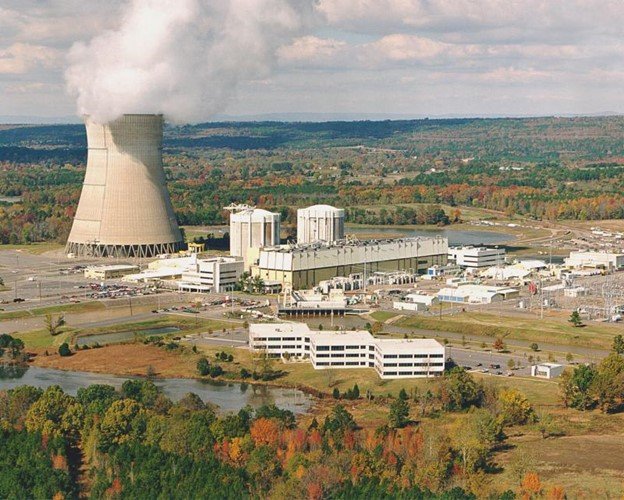Can Nuclear Power Go Local?
Source: Jessica Lovering, Susanne Hobbs Baker · ISSUES IN SCIENCE AND TECHNOLOGY · | Spring 2021
With origins in the Cold War military-industrial complex, nuclear power struggles to reinvent itself as part of the inclusive, democratic future envisioned by progressives.
Source: Issues in Science and Technology
Pushing meaningful climate and decarbonization policies through a divided Congress will require support from a broad coalition that brings together progressive-left climate groups that focus strongly on environmental justice and more centrist groups concerned especially with economic growth and international competitiveness. If nuclear energy could earn the support of both groups, it could contribute a great deal of green energy to the grid and enable ambitious climate policies. Although support for infrastructure spending and jobs in proposed climate legislation could benefit nuclear energy, the renewed focus on environmental justice has many on the left questioning nuclear’s role in the future. We propose that some of these reservations could be overcome—but only if the nuclear industry significantly changes its modus operandi, embracing not just new technological pathways, but also a more democratic, inclusive approach to how it does business.
WHERE THE OPINIONS ARE
There has long been a partisan divide over support for nuclear power, with Republicans favoring the technology by a 15–20% margin over Democrats. But views are not divided purely by party; they also ebb and flow over time and in response to other events. Opinion polls have found that support for nuclear power has ranged from 40% to 80% over the last decade, and hovered around 50% over the last five years. Since the 1970s, support for nuclear energy has generally been high when concern over energy security was also high, for example during the 1970s oil crisis, or in the early 2000s during the Iraq War. Support for nuclear tends to fall—and opposition grows—following major nuclear power accidents such as Three Mile Island, Chernobyl, and Fukushima.

